
When people ask where most American expats live in Sicily, many will point to Palermo or the tourist towns. However, the underdog city of Catania has a significant, if less conspicuous, international community, partly thanks to the nearby NATO base. Sprawling along the Ionian coast at the foot of Mount Etna, this vital port city is considered by many Sicilians to be the island's true engine. Living in Catania means experiencing a thoroughly authentic Italian way of life.
What is Catania like?

Imagine a city that lives in the shadow of a volcano, both literally and figuratively. The presence of Mount Etna has shaped everything here, from the ground up. The grand baroque buildings are constructed from dark volcanic stone, giving the city a dramatic look you won't find elsewhere. The streets are a chaotic but compelling mix of lively markets, expansive piazzas, and Vespas whizzing past the remnants of ancient Roman amphitheatres.
Is Catania nice to live?
Catania is a fantastic place to live if you appreciate energy and authenticity. This isn't a city that's neatly curated for tourists; it’s a real, working place with a raw, beating heart. It's not 'nice' in a quiet, manicured sense. It can be loud, chaotic, and it's unapologetically itself.
Life is lived out on the streets, from the sensory overload of the morning fish market, La Pescheria, to an evening culture fuelled by strong coffee and incredible street food. It’s not as polished as Florence or as monumental as Rome. Rather, it's for someone who loves a city with soul and who wants to be immersed in a culture that is vibrant, passionate, and deeply connected to its food, its history, and its volcano.
Pros and cons of living in Catania
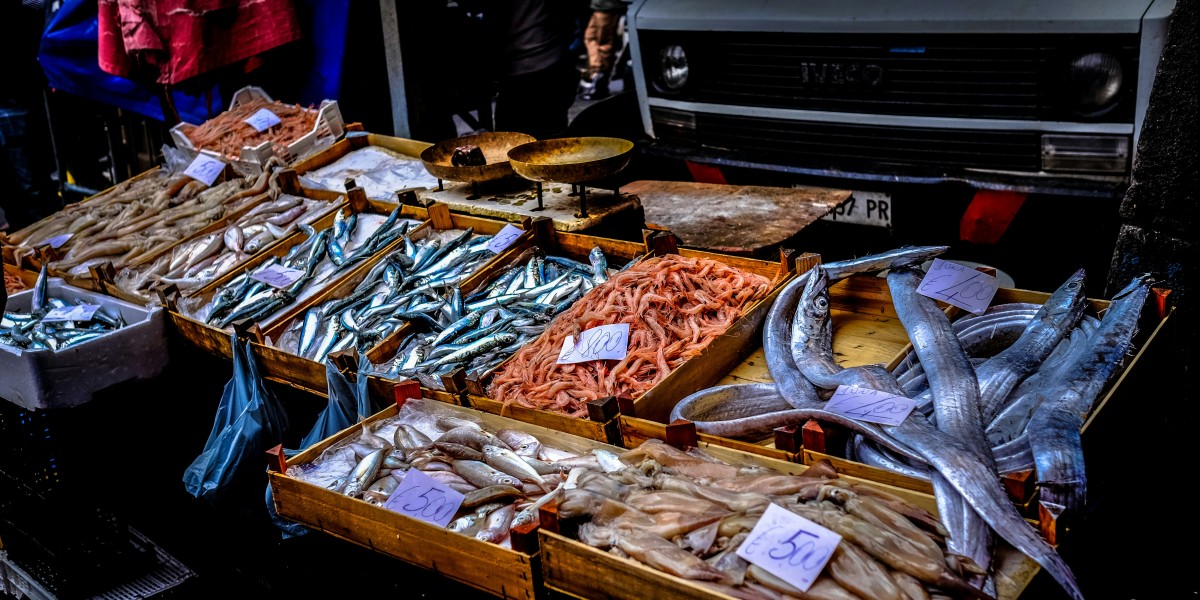
Catania doesn't shy away from showing its true colours, and life here comes with plenty of high points as well as a few quirks to be aware of.
Some of the pros of life in Catania include:
- Affordability: compared to northern Italy or other major European cities, Catania is very budget-friendly.
- Astounding food culture: from pasta alla Norma to fresh seafood and sweet granita, the food is a huge part of the city's identity and is both delicious and cheap.
- Location and travel: you’re perfectly placed to explore. You have Mount Etna on your doorstep for hiking, the beautiful Ionian coastline for beaches, and historic cities like Syracuse and Taormina are just a short train ride away.
And a couple of the cons:
- The chaos: the traffic can be intense, and the general approach to rules and organisation can feel a bit haphazard, which can be frustrating if you're used to a more orderly environment.
- Economic challenges: Sicily faces economic struggles, and the job market in Catania can be tough, especially for those who don't have specialist skills or a job lined up in advance.
Is Catania expensive to live?
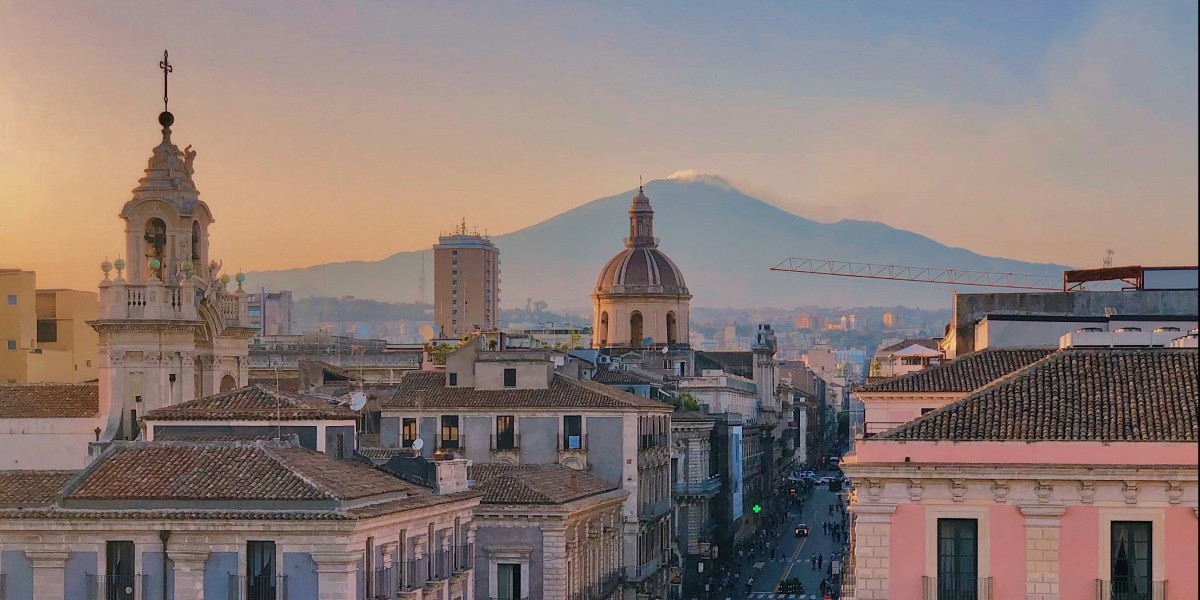
For anyone worried about the living cost in Catania, the good news is that it's one of Italy's more affordable cities. Your day-to-day expenses are quite reasonable. According to Numbeo, you can enjoy an inexpensive meal at a local trattoria for around €15, while a three-course dinner for two in a mid-range restaurant is about €60. A coffee at the bar will cost you no more than €2, and a beer is around €3. Monthly bills for a standard apartment, like utilities, can reach up to €200, though this depends entirely on your usage.
The most significant savings are found in the property market. As of June 2025, property prices in Catania averaged around €1,216 per m². There are big differences between districts; an area like Borgo-Sanzio is one of the most expensive for buying, while you can find properties in San Giuseppe la Rena-Zia Lisa for about half that price. For rentals, prices in June 2025 averaged €9.6 per m², with the priciest apartments found in the city centre. To give you a practical idea, a standard 80m² apartment would typically cost around €768 per month to rent.
Moving to Catania
If you're seriously considering moving to Catania, your first task is to prepare for the practicalities. The key is understanding that things run on personal relationships and a different sense of urgency. When tackling the infamous Italian bureaucracy, for instance, patience and a friendly face will get you much further than frustration. Your first essential step will be getting a codice fiscale (tax code), as you’ll need it for almost everything, from signing a rental contract to opening a bank account.
When looking for a flat, be aware that most long-term rentals are unfurnished and contracts are often long-term (e.g., a "4+4" year contract is common). Having a local or an Italian-speaking friend to help review documents can be invaluable. The process requires persistence, but navigating these initial hurdles is the first step to truly settling in.
Best neighbourhoods to live in Catania
Finding the right spot in Catania is all about matching the area's personality to your own. From the historic heart to quieter seaside districts, each neighbourhood offers a different way of life.
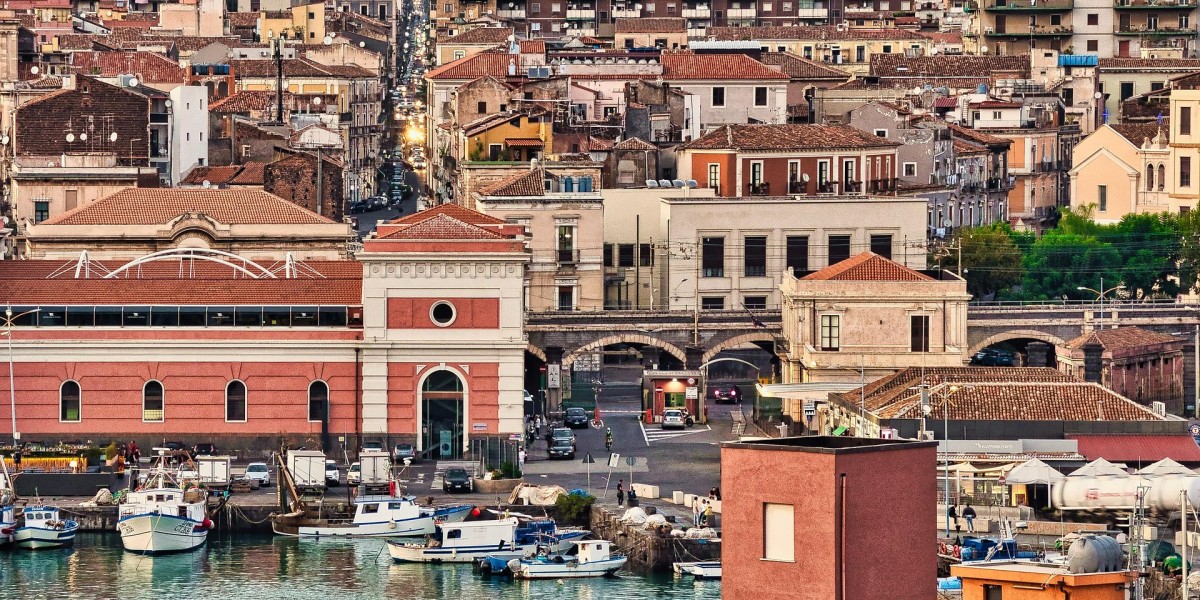
Centro Storico (Historic Centre)
You’ll be living among baroque buildings made of volcanic stone, with the fish market, Piazza Duomo, and the main shopping street, Via Etnea, on your doorstep. It’s perfect for those who want to be immersed in the city's energy and nightlife. The downside is that it can be noisy, and as it's the most desirable area for short stays, it's one of the most expensive places to rent.
Borgo-Sanzio
Located just north of the centre, this is a more residential and elegant part of the city. It has a more modern, orderly feel than the historic centre, with wide streets, good local shops, and plenty of professional services. It's known as one of the priciest neighbourhoods to buy property in, which gives you an idea of its reputation. This area is well-suited for professionals or families looking for city conveniences without the constant tourist footfall.
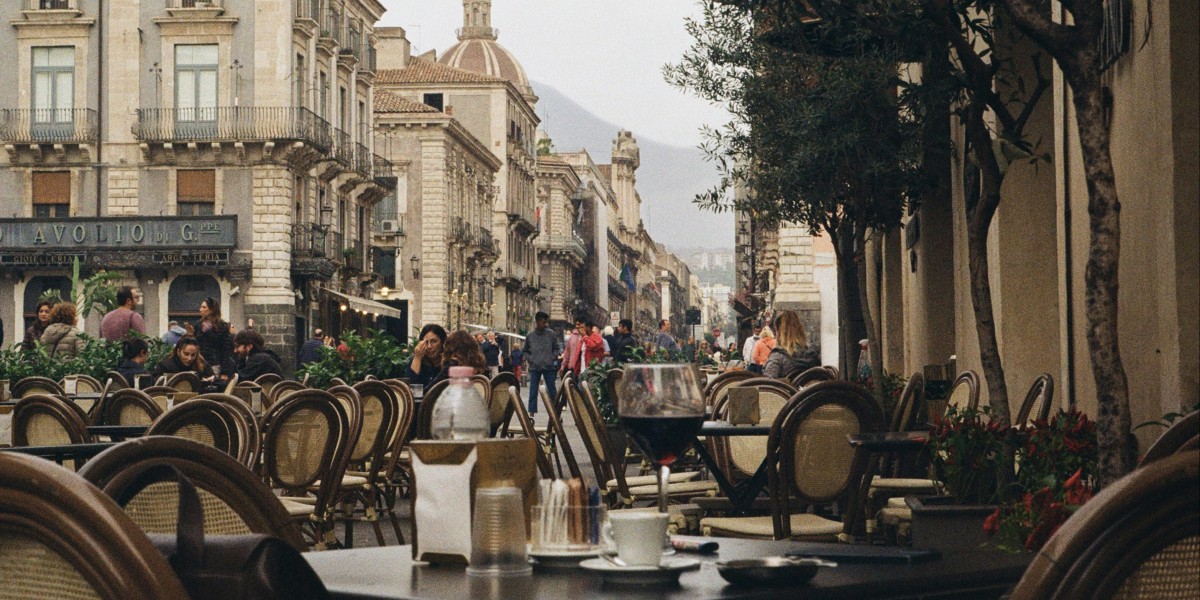
Ognina-Picanello
Stretching towards the Ionian Sea, this area offers a more relaxed, residential atmosphere. Its main attraction is the Lungomare, the city's seafront promenade, which is perfect for walking and cycling. You’ll find a mix of older apartment blocks and newer builds here, often with a more local, community feel. It’s a great middle-ground option if you want to be close to the water but still have easy access to the city centre.
Cibali
Home to Catania's football stadium, Cibali is a densely populated and down-to-earth residential area. It’s a place to experience authentic, everyday Catanian life away from the main tourist trail. While it lacks the architectural grandeur of the centre, it makes up for it with a strong sense of community and more affordable housing. It’s a practical choice for students or anyone on a tighter budget.
San Giuseppe la Rena-Zia Lisa
For those prioritising budget above all else, this area in the south of the city is by far the most affordable, with property prices at just €807 per m2. It's located close to the airport and the industrial zone, so it doesn't have the aesthetic appeal of other districts, but it offers a practical solution for saving on living costs.
- Property for sale in San Giuseppe la Rena-Zia Lisa
- Long-term rentals in San Giuseppe la Rena-Zia Lisa
Living in Catania as a foreigner

Life as a foreigner in Catania is what you make of it. The expat community is smaller than in Rome or Milan, and while the nearby Naval Air Station Sigonella means there's a noticeable American presence, many expats socialise in their own circles. True integration comes from stepping outside this bubble.
Learning Italian is the most important tool for this. It’s the difference between simple transactions and genuine conversations with your neighbours or the person who runs your local coffee bar. Catanians are generally friendly and curious, but the real warmth comes when they see you making an effort. Becoming a regular at a local bar for your morning coffee or evening aperitivo is a simple but effective way to build relationships. Showing interest in local traditions, especially the city’s festival for its patron saint, Sant'Agata, will earn you a huge amount of respect and open doors to real friendships.
Can you drink the water in Catania?
The tap water in Catania is safe to drink. It's treated and monitored according to regulations. However, like in many parts of Italy, many locals prefer the taste of bottled water, which is cheap and widely available.
Is Catania safe?
Like any major city, Catania has its issues with crime. Petty crime, like pickpocketing, can be a problem in crowded areas and on public transport, so you need to be street-smart and aware of your belongings. However, violent crime is rare. Avoid walking alone late at night in unlit areas, and be mindful of your surroundings, but generally, most residents feel perfectly safe going about their daily lives.
Living in Catania vs living in Palermo
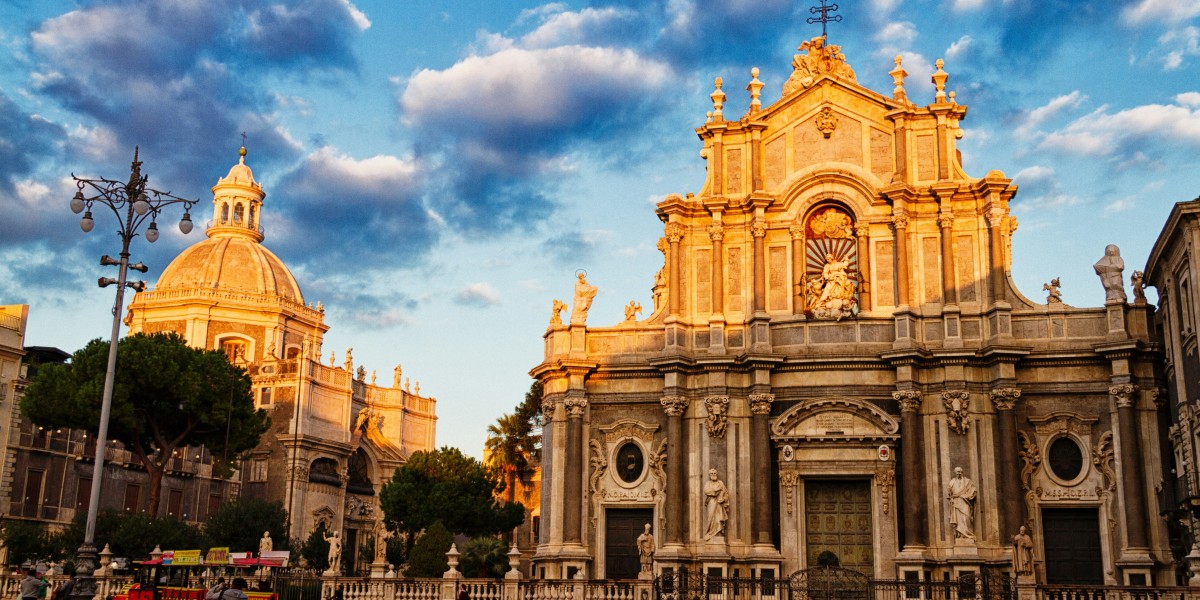
The two cities have a historic rivalry and completely different personalities. Palermo, as the regional capital, feels grander and more monumental, with a dazzling mix of Arab-Norman architecture, sprawling historic markets, and a palpable sense of being a major European city. Catania, on the other hand, feels like Sicily's industrious heart. Its energy is more modern and fast-paced, often called the 'Milan of the South'.
Catania is a major commercial and industrial hub, with a growing tech scene known as "Etna Valley." Palermo leans more towards administration, government, and large-scale tourism.
Living in Catania is generally a little cheaper. While both cities are affordable by European standards, property prices and rent are typically higher in Palermo. This makes Catania a slightly more budget-friendly choice for someone looking to settle long-term.

